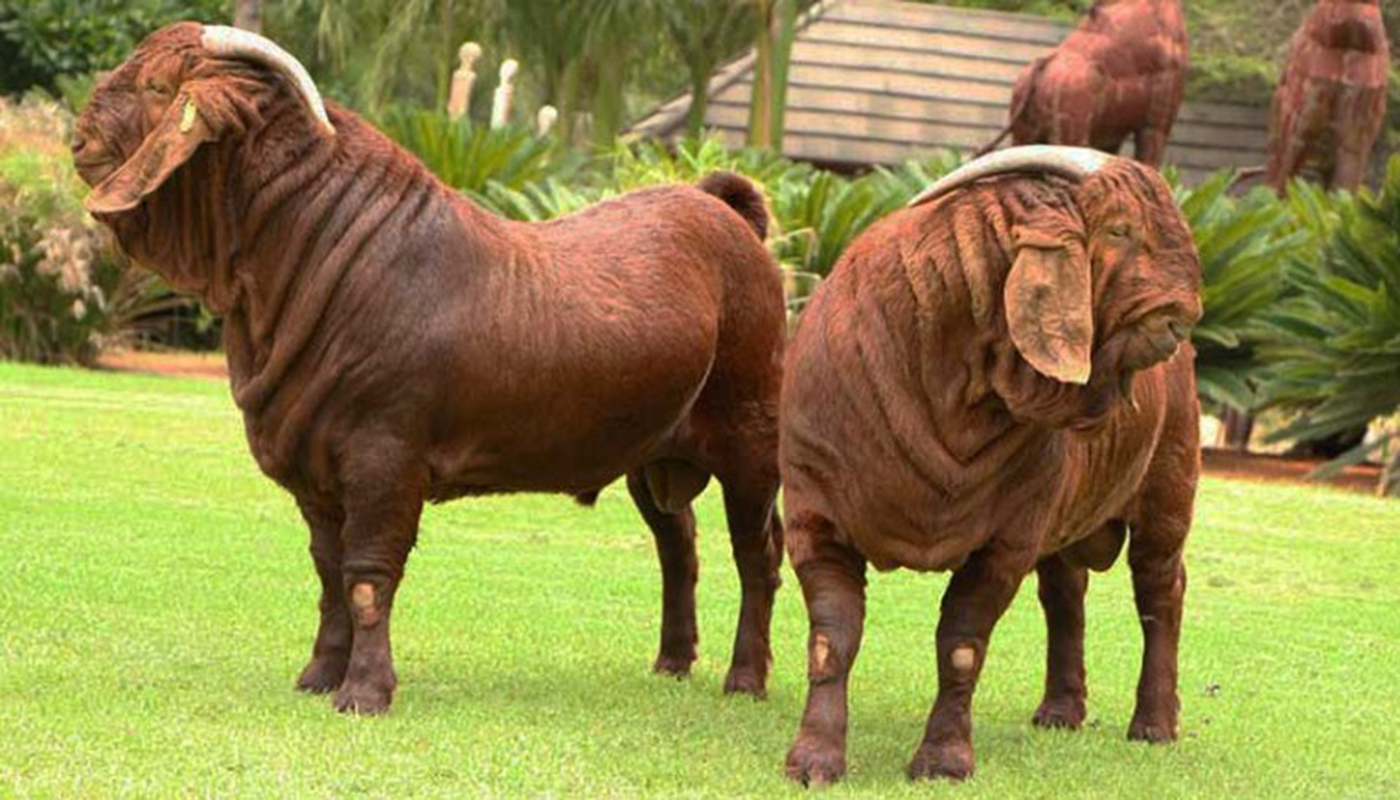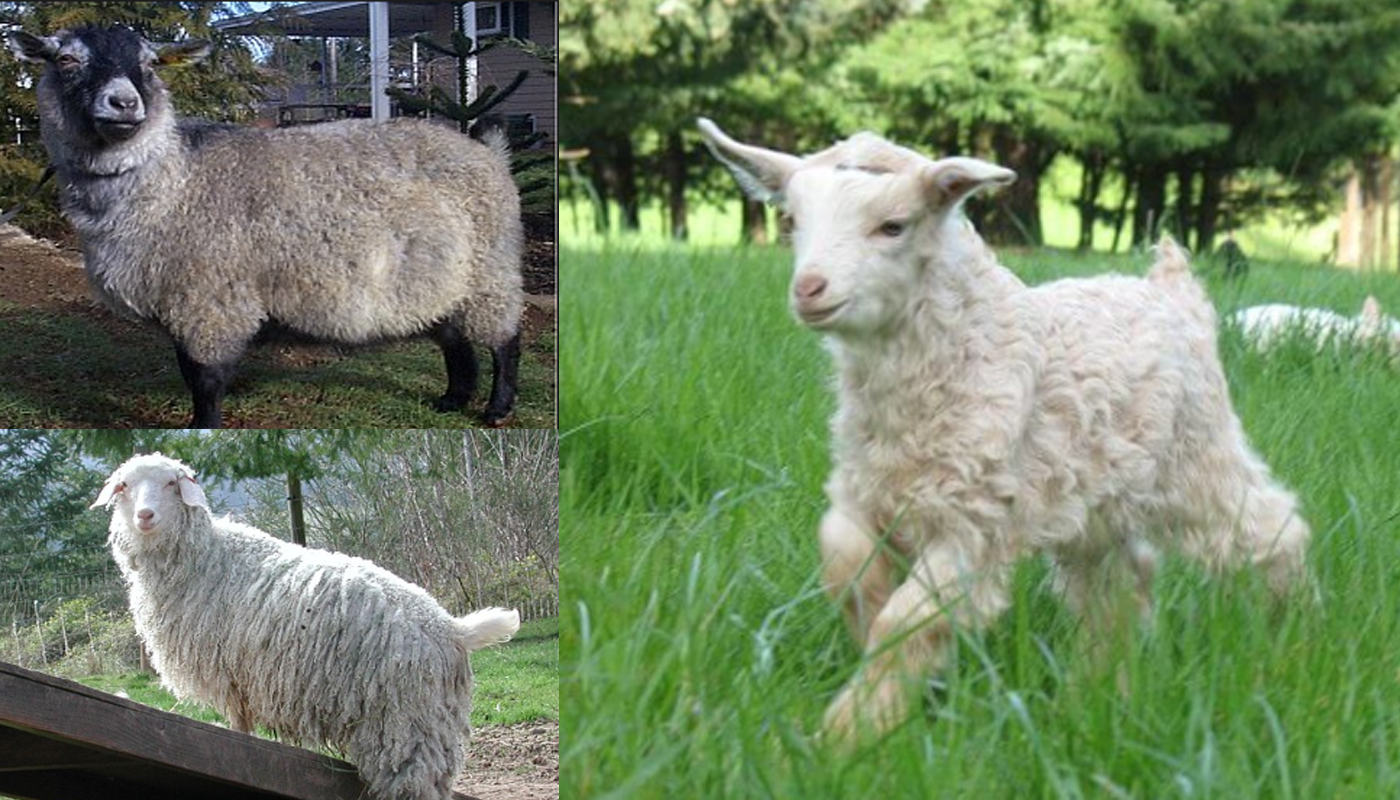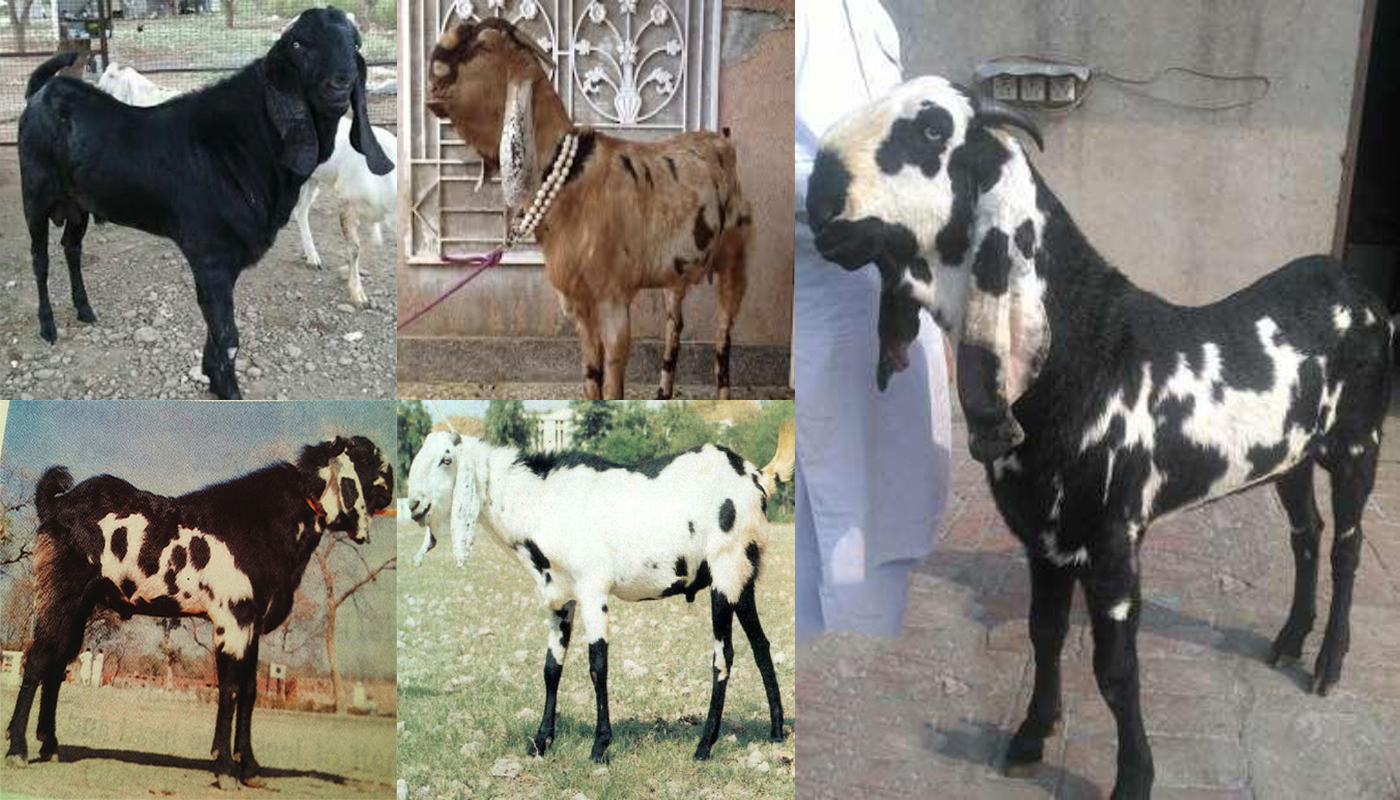
Are you considering adding goats to your farm but feeling overwhelmed by the multitude of breeds available? Choosing the right goat breed is crucial for the success of your farming venture, as each breed comes with its own set of characteristics, needs, and purposes. In this beginner’s guide, we’ll walk you through important factors to consider when selecting the perfect goat breed for your farm.
- Define Your Goals: Before diving into the world of goat breeds, take some time to define your farming goals. Are you primarily interested in dairy production, meat, fiber, or vegetation management? Understanding your objectives will help narrow down your options and guide your decision-making process.
- Consider Your Environment: Different goat breeds thrive in different environments. Evaluate your climate, terrain, and available resources such as pasture and shelter. Some breeds are better suited to cold climates, while others excel in hot, arid regions. Make sure to choose a breed that can adapt well to your farm’s specific conditions.
- Assess Your Resources: Take stock of your available resources, including time, space, and budget. Some breeds require more intensive care and management than others, so consider your level of experience and the amount of time you can dedicate to goat husbandry. Additionally, factor in the initial cost of purchasing goats and ongoing expenses such as feed, healthcare, and infrastructure.
- Understand Breed Characteristics: Research the characteristics of different goat breeds to find one that aligns with your goals and preferences. Here’s a brief overview of some common goat breeds and their primary traits:
- Dairy Goats: Breeds such as Saanen, Nubian, and LaMancha are renowned for their milk production. If you’re interested in dairy farming, prioritize breeds known for high milk yields and quality.
- Meat Goats: Boer goats are widely recognized for their superior meat production qualities, including fast growth rates and high carcass yields. Kiko and Spanish goats are also popular choices for meat production.
- Fiber Goats: Angora and Cashmere goats are prized for their luxurious fibers, which are used to produce mohair and cashmere, respectively. These breeds require regular shearing and specialized care to maintain their fiber quality.
- Dual-Purpose Goats: Some breeds, such as Nigerian Dwarf and Oberhasli, offer a combination of milk and meat production, making them versatile options for small-scale farms.
- Visit Local Farms and Breeders: Take the time to visit local farms and breeders to see different goat breeds in person. Ask questions, observe the animals’ behavior, and gather firsthand insights from experienced goat keepers. Networking with fellow farmers can provide valuable guidance and support as you embark on your goat-raising journey.
- Plan for Long-Term Sustainability: Choose a goat breed that aligns with your long-term goals for sustainability and conservation. Consider supporting heritage breeds or breeds that are well-adapted to your region’s natural conditions, helping to preserve genetic diversity and promote resilience in agriculture.
By carefully considering your goals, environment, resources, and breed characteristics, you can confidently select the right goat breed for your farm. Whether you’re seeking milk, meat, fiber, or simply companionship, there’s a perfect goat breed waiting to join your agricultural adventure. Happy goat farming!
 Kalahari Goat Breed – Everything You Need to Know
Kalahari Goat Breed – Everything You Need to Know Verata Goat Breed – Everything You Need to Know
Verata Goat Breed – Everything You Need to Know Thuringian Goat Breed – Everything You Need to Know
Thuringian Goat Breed – Everything You Need to Know Pygora Goat Breed – Everything You Need to Know
Pygora Goat Breed – Everything You Need to Know Beetal Goat Breed – Everything You Need to Know
Beetal Goat Breed – Everything You Need to Know British Alpine Goat Breed – Everything You Need to Know
British Alpine Goat Breed – Everything You Need to Know 10 Goat Breeds for Beginner Goat Keepers
10 Goat Breeds for Beginner Goat Keepers 10 Best Goat Breeds for Meat Production
10 Best Goat Breeds for Meat Production Kiko Goat Breed – Everything You Need to Know
Kiko Goat Breed – Everything You Need to Know Black Bengal Goat Breed – Everything You Need to Know
Black Bengal Goat Breed – Everything You Need to Know Altai Mountain Goat Breed – Everything You Need to Know
Altai Mountain Goat Breed – Everything You Need to Know American Lamancha Goat Breed – Everything You Need to Know
American Lamancha Goat Breed – Everything You Need to Know